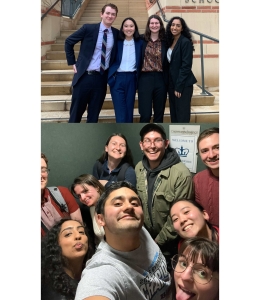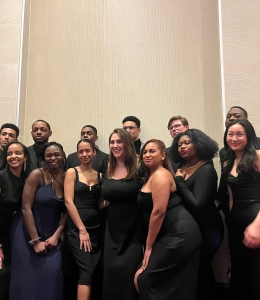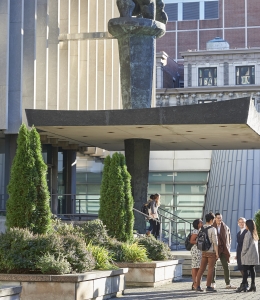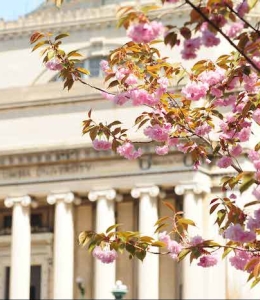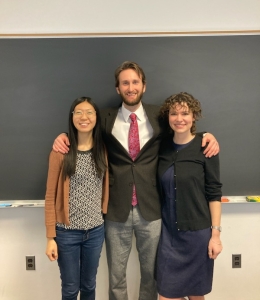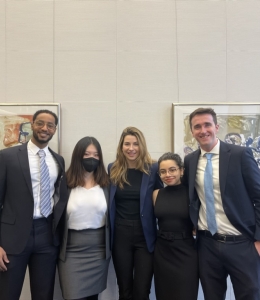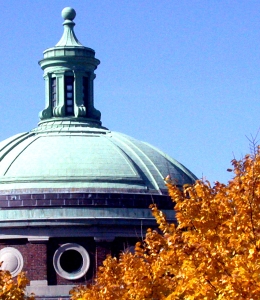Students can either participate in the Foundation Moot Court (open to all students without an application process) or apply to one of the specialized domestic or international moot court programs.
Most first-year students participate in Foundation Moot Court—part of the Paul, Weiss, Rifkind, Wharton & Garrison Moot Court Program—to fulfill their requirement. Students are automatically enrolled in Foundation Moot Court unless they are accepted by one of the approved, specialized moot court programs listed below.
Students can apply to individual moot courts, rank their choices, and select interview/oral tryout slots through the online moot court application system in LawNet. The deadline for 1Ls and Transfer Students to apply for the specialized teams for 2025-2026 is SEPTEMBER 14, 2025, at 11:59PM EST. More information about each team is available in the Moot Court Handbook (2025-2026 version will be added soon).
The full application timeline for the 2025-2026 Specialized Moot Court Program is as follows:
- September 3, 2025: Application portal opens at 1:00PM on Lawnet for written applications.
- September 14, 2025: Application portal closes for new applications at 11:59PM. Students are advised to leave adequate time to upload their materials.
- September 15 - September 25: Teams may use this period to hold interviews and/or oral tryouts. During this period, applicants can enter rankings on Lawnet if they have applied to more than one team, but may not submit any new applications.
- September 25, 2025: Deadline for students to rank their choices by 11:59PM
- September 26 - 28, 2025: Notification period (tentative)
